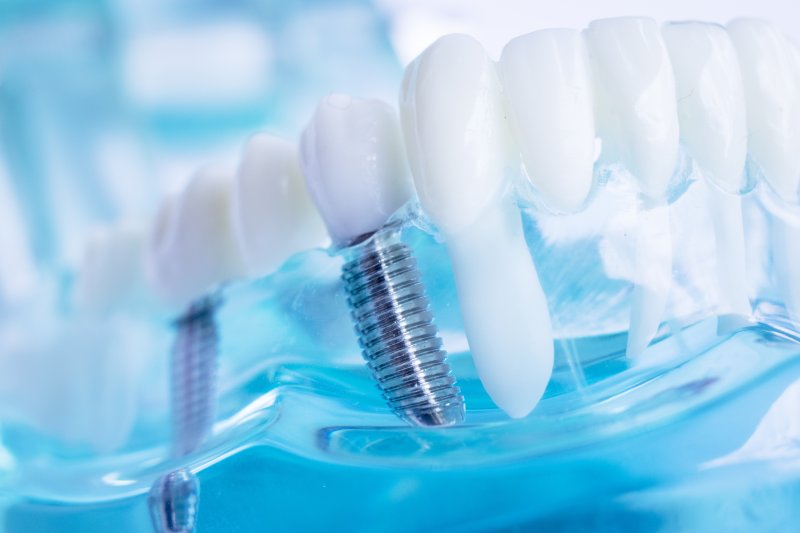
It’s no surprise that dental benefits do not roll over at the end of the year. Because they expire, it is recommended that all patients use their policy to its fullest to prevent unused money from going back to the insurance company on January 1. But what about dental implants? Will your dental insurance in Reynoldsburg cover the cost of treatment? To find out, let a local dentist explain what you can expect as well as what you should do to maximize your plan before it renews.
Is It Normal for Insurance to Cover Dental Implants?
The quick answer is “no.” Unfortunately, most dental insurance companies still do not view implants as a medical necessity. Instead, they are considered a “cosmetic procedure,” which causes them to fall into a category not covered by dental insurance.
While some companies are beginning to understand the necessity surrounding dental implants, your policy may cover a portion of the overall cost. However, the only way to know for sure is to contact an insurance representative and inquire about your benefits. If you’re unsure of which questions to ask, don’t be afraid to ask your dental team to work on your behalf. They’ll be happy to get the answers you need to make a well-informed decision about your dental health.
Ways to Avoid Paying Out of Pocket for Treatment
When preparing to undergo dental implant placement, you should know that you are entering into a process that is often quite costly. As a result, it will require that you have a plan as to how you will pay for your consultation, surgery, restoration, and any other aspects of treatment that are factored into the overall cost (i.e. pre-implant dental work, sedation).
To help minimize your out of pocket expenses for this type of permanent tooth replacement, you should consider the following:
- Your medical insurance may cover the cost. Even if it is only the implant they will cover, you will save thousands by taking this route. You might also be surprised to learn that your dental insurance may cover the restoration portion of your treatment. All it will take is filing the right claim with the right insurance company to avoid paying out your pocket.
- When checking with your medical insurance company, determine if the reason for your implant placement is due to a medical condition, congenitally missing tooth, medical treatment, or facial trauma. If any of these reasons pertain to your situation, it may be possible to have your dental implants in Reynoldsburg covered by your medical insurance plan.
- If your dental insurance company offers coverage, check to see how much of your annual maximum is left in 2020. If any or all of it is still available, use it to help pay for a portion of your implants. This will prevent left-behind funds from going back to the insurance company when your benefits expire. You can also ask your dentist to spread out your treatment over calendar years, so you can take advantage of next year’s annual maximum as well.
Consider all your options before disregarding dental implants to restore your smile. While it might take a bit of research on your part, it is possible to find the right solution to help lower your out of pocket costs and still receive the smile you deserve.
About the Author
Dr. Walter Mick has been providing comprehensive dentistry to the residents of Reynoldsburg and its surrounding communities for more than 30 years. Completing his dental degree from The Ohio State University School of Dentistry in 1987, he reminds his patients at Mick Family Dental Care to use their dental benefits before the end of the year to ensure they save the most money. Whether it is a general checkup and cleaning or dental implant placement, he encourages all individuals to check about available coverage to avoid paying out of pocket expenses. If you need help to determine if you’re covered for a particular procedure, please contact us at (614) 864-4618.
